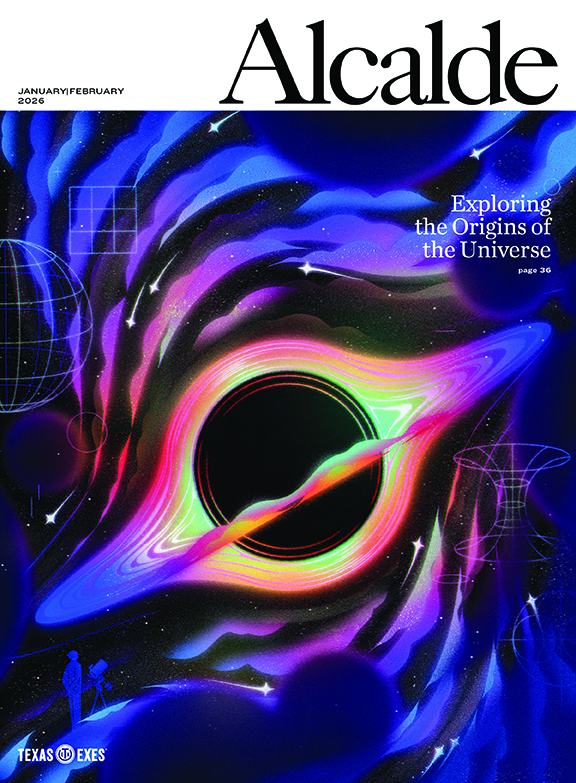Remembering Distinguished Alumna and Soul Singer Barbara Smith Conrad
[caption id="attachment_63104" align="aligncenter" width="630"]

Barbara Smith Conrad at University of Texas at Austin commencement, 2000. Photo via UT Austin.[/caption]
Like the November|December 1998 issue of Alcalde wrote, alumna and world-renowned mezzo-soprano Barbara Smith Conrad was "proof that beautiful music does heal the spirit." Conrad, BM '59, Life Member, Distinguished Alumna, died Monday morning from complications related to Alzheimer's disease. She was 79.
When Conrad first arrived at UT-Austin, it was 1956—the same year that the first African American students were allowed to enroll at the university. From not being allowed into the Paramount Theatre to the Texas Legislature forcing her out of a lead role in the school play, Conrad faced racism and adversity while on campus. Despite this, the Precursor earned her music degree and became one of the leaders in the movement to make the university community more open and diverse.
After UT, Conrad went on to become a distinguished opera and soul singer. She spent eight years performing with New York's Metropolitan Opera from 1982-89; held lead roles in the Vienna State Opera, the Teatro Nacional de Venezuela, the Houston Grand Opera, the New York City Opera, the Pittsburgh Opera and many other opera houses both in the U.S. and internationally. She also performed with the world’s greatest orchestras including the New York Philharmonic and the London, Boston, Cleveland, and Detroit symphonies.
In 2010, the Dolph Briscoe Center for American History and Austin's Alpheus Media produced a feature-length documentary, When I Rise, which follows Conrad’s life through her time at UT, her career as an opera singer, and her ultimate reconciliation with the Texas Legislature years later. Conrad was named a Distinguished Alumna in 1985 by Texas Exes. The university also honored her with the founding of the Barbara Smith Conrad Endowed Presidential Scholarship in Fine Arts.
“Barbara Conrad was a trailblazer — from her Precursor days at UT in 1956 and throughout her distinguished opera career,” said UT president Gregory L. Fenves. “Her accomplishments and tenacity represent an important chapter in the university’s history. We will miss her talents and presence on the Forty Acres and beyond.”
Read our 1998 cover story of Conrad here.







